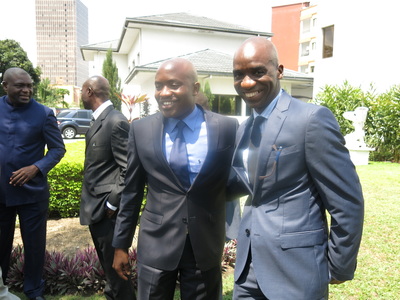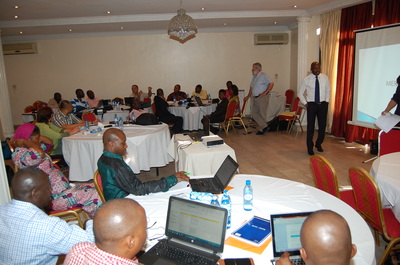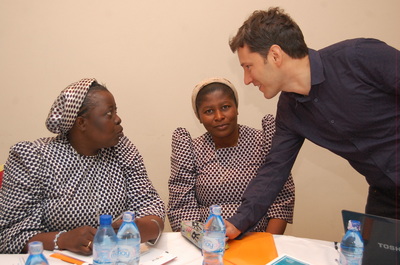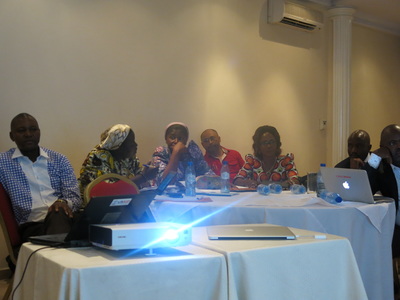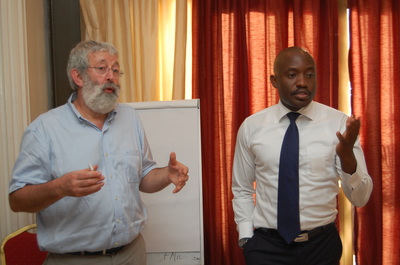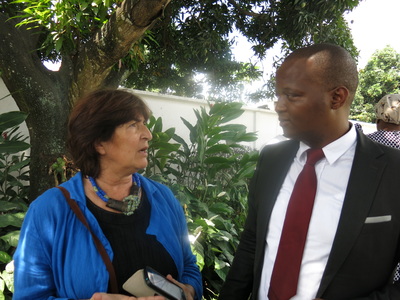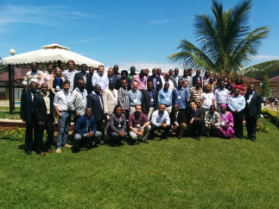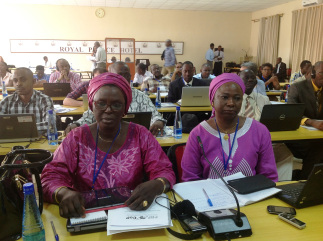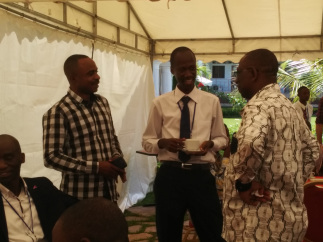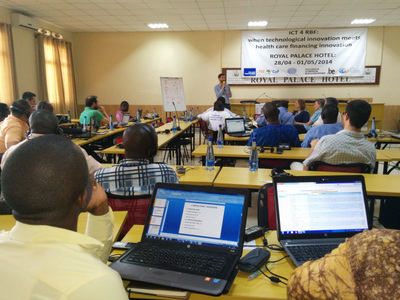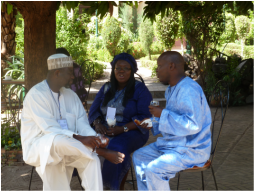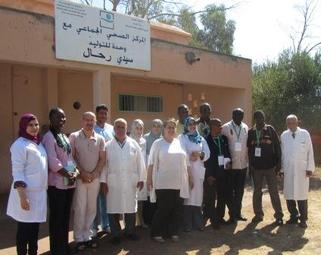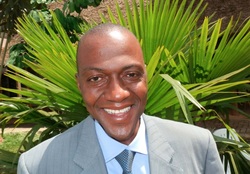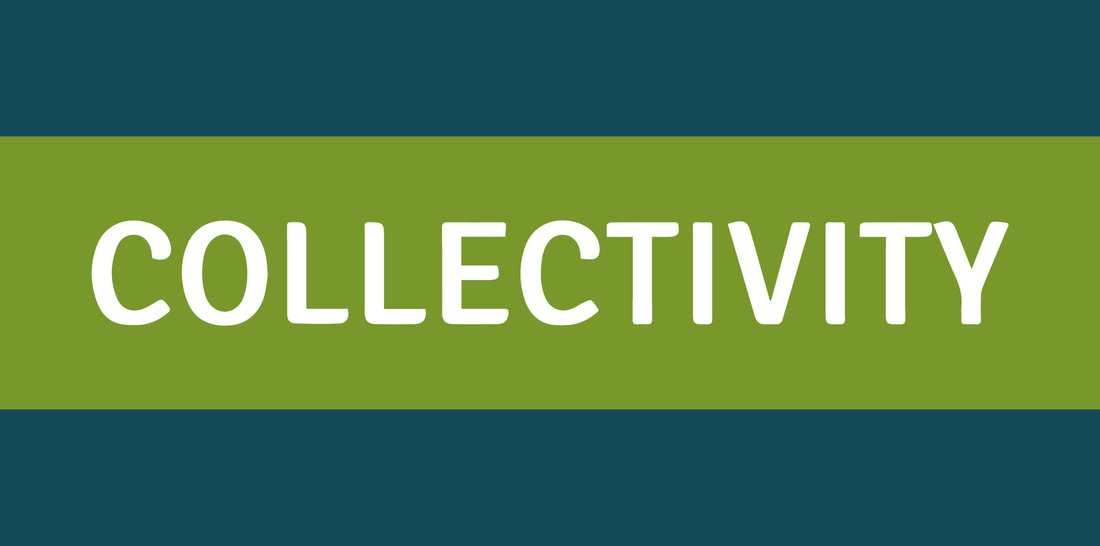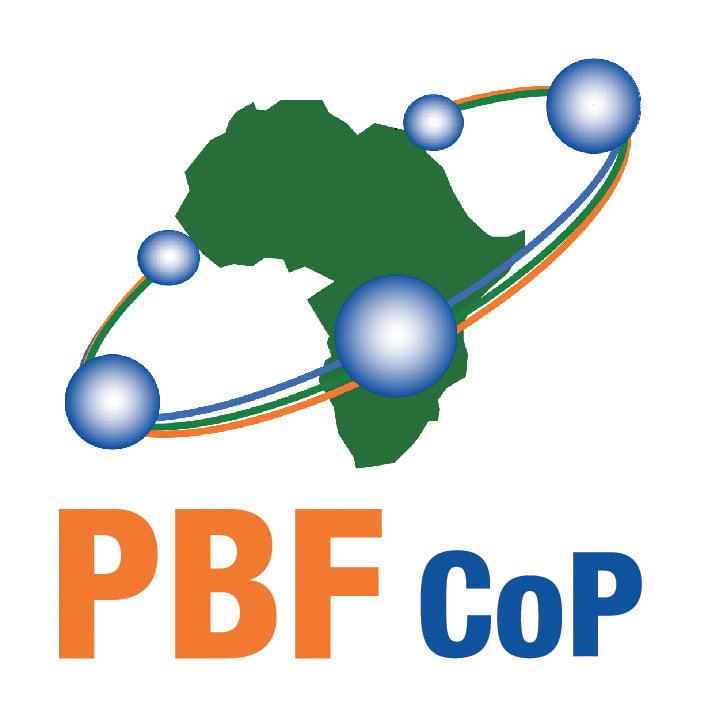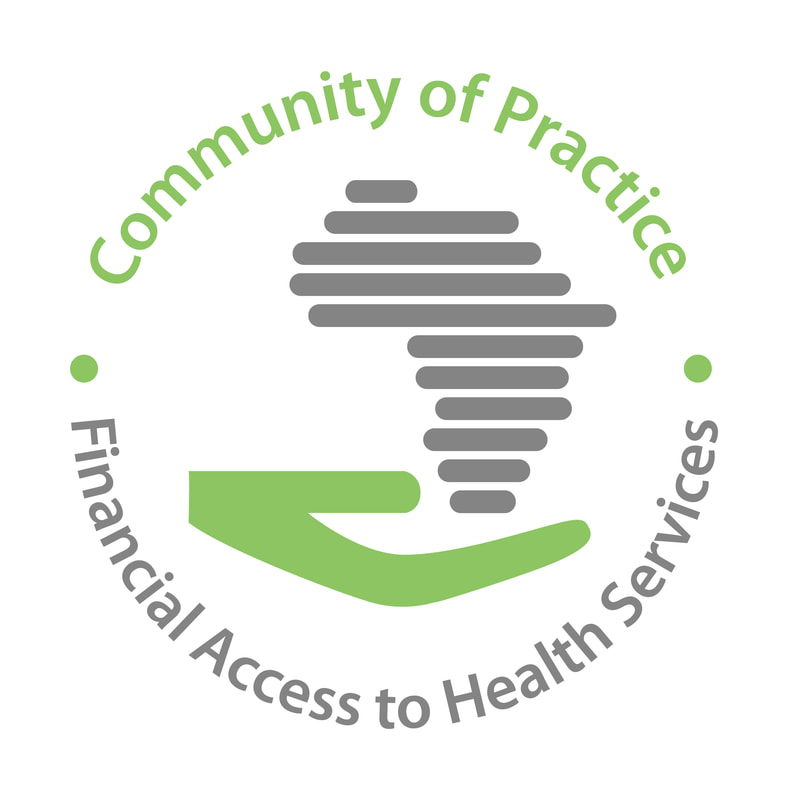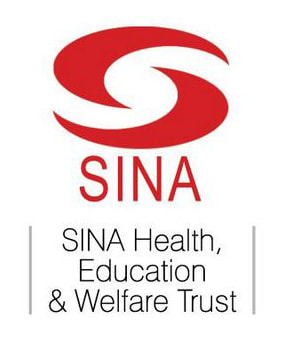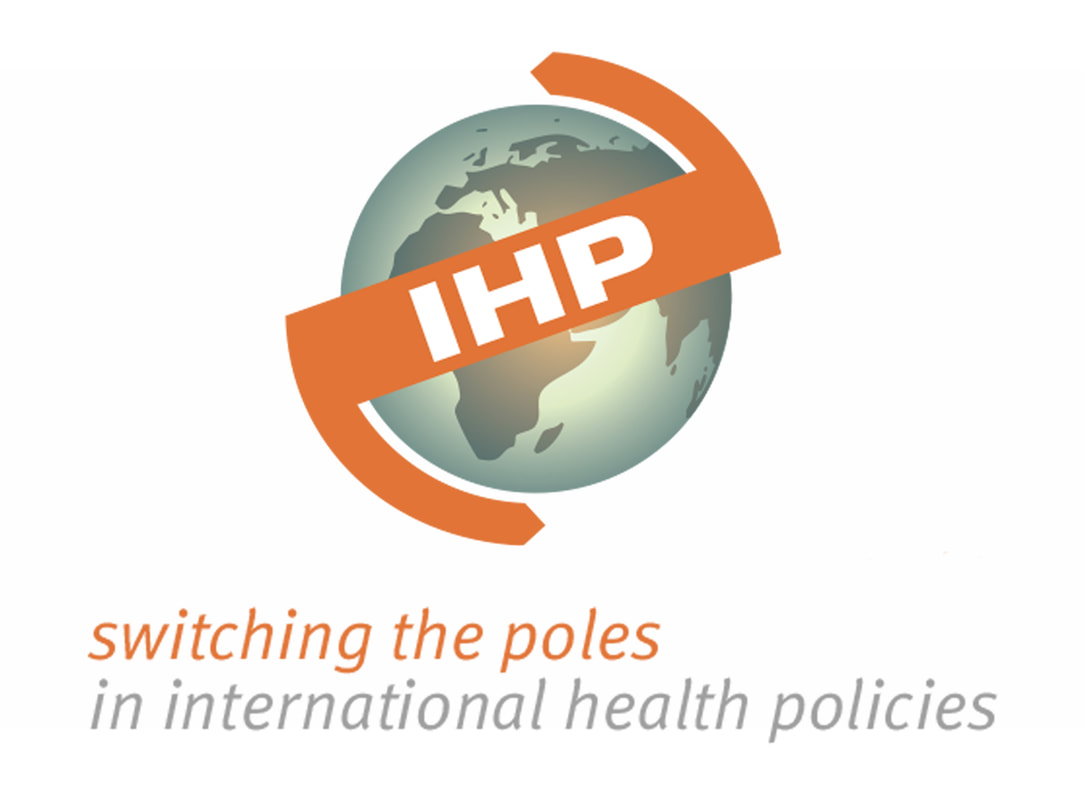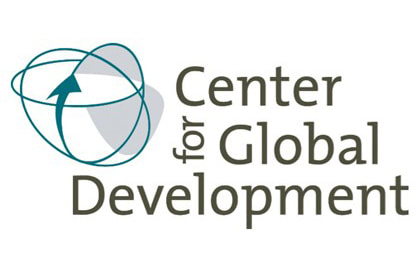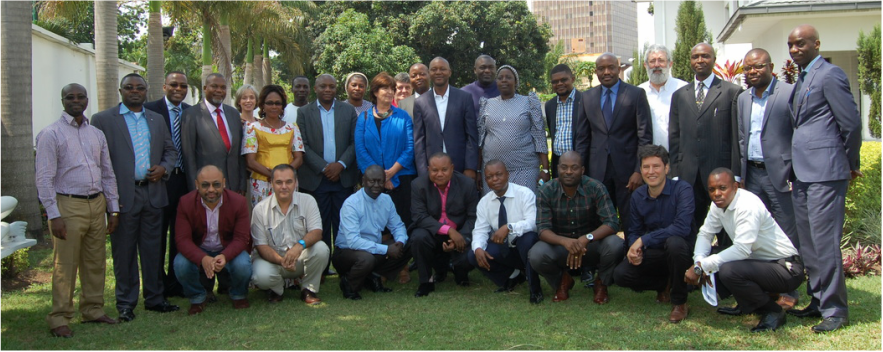
Du 10 au 12 novembre 2015 s’est tenu à Kinshasa, un atelier sur le thème « Financement Basé sur la Performance et Médicaments en République Démocratique du Congo (RDC) ». Le Dr Olivier Inginda présente les principaux résultats de cet atelier. Certains ont une portée qui dépasse la seule RDC. Le rapport d’atelier est disponible ici (avertissement: fichier de 12 MB).
L’atelier résultait d’un effort commun de la Communauté de Pratique Financement Basé sur la Performance (CoP FBP), de la CoP Médicament (Réseau e-med) et du récent HuB CoP RDC, plateforme nationale de gestion transversale des connaissances. L’événement bénéficiait également du soutien de la Fédération Nationale des Centrales d’Approvisionnement en Médicaments Essentiels (FEDECAME) et de l’UNICEF.
L’atelier avait comme objectifs d’instaurer un dialogue transversal entre experts ‘FBP’ et experts ‘médicaments’ sur les enjeux à l’intersection du financement de la santé et de l’accès aux médicaments de qualité. Cet événement était une grande première pour le Hub CoP RDC : il s’agissait pour le hub du premier événement en face-à-face sur une problématique technique. Comme format, nous avions fait le choix d’un nouveau modèle (que nous avons appelé le ‘Think Tank Workshop’) : il s’agissait de favoriser un large balayage de la problématique afin de produire des recommandations pour le système de santé national.
Quarante experts avaient répondu à l’invitation des organisateurs. Les 2/3 d’entre eux étaient inscrits au forum en ligne du Hub RDC. Ceci leur avait permis de participer, quelques semaines avant l’atelier, à des discussions en ligne sur l’accessibilité aux médicaments essentiels de qualité.
Trois jours d’atelier
C’était la première fois que les experts du médicaments ceux du FBP étaient réunis pour travailler ensemble. La première journée fut donc consacrée à une mise à niveau des participants. Des experts représentant chaque ‘silo’ avaient préparé différentes interventions introductives. Les sujets parcourus ont notamment été les généralités sur le FBP, l’historique de la mise en œuvre du FBP en RDC, l’organisation du système national d'approvisionnement en médicaments essentiels (SNAME) en RDC et ses défis actuels, ainsi que les défis des centrales d’achat en Afrique subsaharienne de façon générale.
Le second jour, nous sommes passés en mode d’analyse collective avec des travaux de groupe. Afin de bien décanter les perspectives de chaque silo, nous avions fait le choix de la polarité : le groupe d’experts FBP fut invité à discuter de l’identification des opportunités et des menaces avec le SNAME pour la mise en œuvre du FBP et le groupe experts ‘médicaments’ fut invité à réfléchir sur l’identification des opportunités et des menaces générées par le FBP pour la mise en œuvre des activités du SNAME.
Alors que les organisateurs anticipaient des éventuelles tensions entre les deux silos, l’exercice révéla au contraire que les deux groupes étaient attachés à un système d’approvisionnement national en médicaments de qualité, incluant mieux tous les acteurs, y compris les nombreux partenaires techniques et financiers. Il y avait en fait une forte convergence des points de vue, aussi bien dans l’analyse de la situation que dans les propositions d’action.
La confiance étant désormais garantie entre tous les participants, il était temps de passer à des groupes hétérogènes à même d’exploiter au mieux la richesse de l’expertise présente dans l’atelier. Les experts furent répartis en quatre groupes pour discuter de quatre thématiques :
- Comment les arrangements institutionnels et les contrats FBP adoptés en RDC pourraient-ils mieux intégrer l’hétérogénéité de situations locales en matière d’approvisionnement en médicaments essentiels ?
- Quels sont les défis de financement de la chaîne d’approvisionnement en médicaments et en quoi peuvent-ils être une contrainte pour le passage à l’échelle du FBP ?
- Quels sont les défis au niveau de la coordination des partenaires techniques et financiers ?
- Quelle stratégie pour une meilleure gestion des connaissances en RDC sur la problématique de notre atelier ?
Des observations pertinentes au-delà de la RDC
Vous pouvez trouver la réponse à ces quatre questions stratégiques dans notre rapport d’atelier. Ce qui est intéressant c’est que la taille de la RDC jette une nouvelle lumière sur ces questionnements, qui sont en fait valides bien au-delà de la RDC.
Le premier groupe a ainsi recommandé que le FBP contribue au renforcement du Système Nationale d’Approvisionnement en Médicaments Essentiels (SNAME). Cela serait possible par une adaptation des stratégies FBP aux contextes spécifiques (en RDC, les contraintes sont extrêmes et la chaîne d'approvisionnement n'est pas identique d'une province à l'autre). Il a ainsi été recommandé de recourir aux contrats de performance, avec des variations de cibles (Bureau Central des Achats, Centrales de Distribution Régionale, Bureau Centrale des Zones de Santé, formations sanitaires) et de contenu en fonction du contexte local.
Le second groupe a soulevé un lièvre ignoré par la communauté FBP jusqu’à présent : l’enjeu des fonds de roulement. Le FBP créant des incitants à l’augmentation du volume d’activités curatives, il induit un besoin en plus de médicaments. Cela était connu. Toutefois, nous avons toujours pensé le FBP en termes de flux. Il y a aussi un gros enjeu en matière de stocks. En effet, pour assurer l’absence de rupture de stock, un plus grand volume consommé nécessite aussi un plus grand volume de médicaments stockés, de médicaments en circulation, mais aussi plus de cashflow dans le système. À l’échelle d’un grand pays comme la RDC, ‘riche’ en défis logistiques, cela induit un besoin de financement supplémentaire majeur. Si ce financeement supplémentaire n’est pas prévu dès le départ, le premier goulot d’étranglement du FBP sera des ruptures de stock généralisées de médicaments !
Le troisième groupe a fait le constat du manque de fluidité dans la gestion des connaissances entre acteurs, et notamment du côté des partenaires techniques et financiers. Il a donc été proposé que le hub RDC devienne un espace d’échange et de partage de connaissances commun ; il pourrait à ce titre aider le Groupe Inter-Bailleurs Santé (GIBS) à coordonner l’action des partenaires techniques et financiers.
Le quatrième groupe a enfin établi une feuille de route pour un hub développant du leadership dans l’agenda des connaissances sur les thématiques débattues dans l’atelier.
L'atelier a reçu une très bonne évaluation des participants. Avec cette première activité, nous pensons avoir prouvé que le Hub CoP RDC est à même d’enrichir la dynamique de l’orientation et de l’action en politiques de santé en RDC. Nous sommes en phase de diffusion de nos recommandations. Nous avons bon espoir qu’elles seront suivies d’effet. Une évaluation est prévue dans quelques mois.
